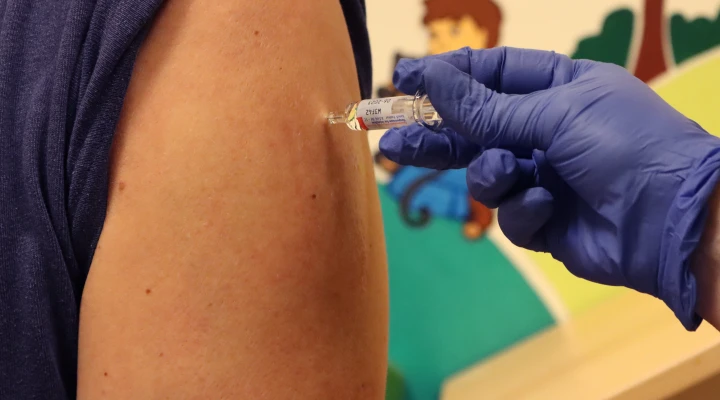The time is NOW to protect yourself and your family from this unpleasant and sometimes dangerous virus. Here are ten facts about the flu:
- Influenza is not synonymous with the common cold. The flu is a highly contagious respiratory illness, which can lead to serious complications such as pneumonia, hospitalizations and even death.
- The influenza jab cannot cause the flu, because it contains no live virus. It is an inactivated, “dead” vaccine. If, in the past, you became ill soon after receiving the shot, it was due to a virus other than influenza, and not the vaccination.
- The vaccine does not protect against every type of influenza, which could be circulating. Each year scientists reformulate the contents of the shot according to the strains that were around the previous year. Often the educated guess hits the bull’s eye, other years the vaccine is a poor match for the currently active strains. But the flu jab is still your best bet in prevention of disease.
- There are hundreds of types of influenza. Vaxigrip Tetra, the vaccine used this year, protects against 2 strains of influenza A and 2 strains of B.
- The flu jab is not just for those with chronic illness like asthma, diabetes and renal disease. It is recommended for anyone for whom there is a licensed vaccine. It is important to note that those who are pregnant, over 50 years of age or obese, are at higher risk of serious complications from influenza than the general population.
- Having an egg allergy is NOT a contraindication to having a flu shot, and neither is a runny nose, a rash, or mild diarrhea. You should postpone immunization if you have a moderate to severe illness, have a history of a significant reaction to a previous influenza vaccine, or developed Guillain Barré syndrome within 6 weeks of vaccination.
- The Covid vaccine and the influenza vaccine may be given simultaneously, though they should be injected into different arms.
- The most common side effects of the vaccine are redness and soreness at the site of injection, fever and malaise. These generally last 1 to 3 days. Influenza illness, on the other hand, can last over a week.
- The dose for children is the same as for adults, namely: 0.5 ml. If the child has never received influenza vaccine, and is under the age of 9 years, the dose should be repeated in 4 weeks or more.
- Cocooning is a method of protecting babies too young (below 6 months of age) to receive immunization against influenza. It entails vaccinating all family members and caretakers to decrease the risk of catching this unpredictable and burdensome disease.







